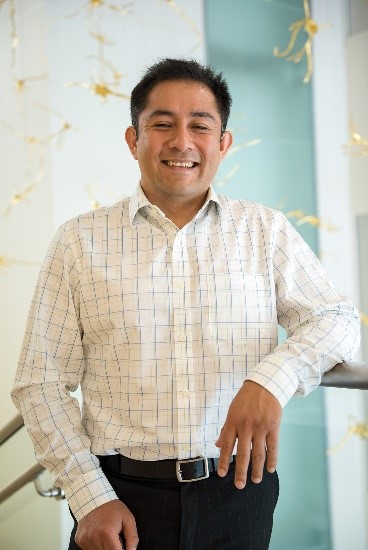
Assessing thalamic participation in a joint hippocampus-retrosplenial cortex offline state
Description
Date: Friday, September 6, 2019
Time: 12:00pm – 1:00pm
Location: Simons Center Conference Room, Building 46, Room 6011, 6th Floor, MIT (43 Vassar Street, Cambridge, 02139 MA)
Talk title: “Assessing thalamic participation in a joint hippocampus-retrosplenial cortex offline state”
Abstract: The hippocampus and retrosplenial cortex have been implicated in a range of cognitive functions including navigation, planning and imagination. We recently discovered that the rodent hippocampus and retrosplenial cortex jointly transition into an offline state in response to increases in reward during spatial navigation tasks. At the neuronal ensemble level, this joint state is characterized by the reactivation of hippocampal spiking patterns linked to recent experiences. At the network level, both brain areas express oscillations previously thought to occur exclusively during sleep. This synchronous co-occurrence of sleep rhythms, along with the known role of the thalamus in sleep oscillations, raises the possibility that the thalamus might be involved in the generation of this waking state. In this talk, I will describe results that implicate the thalamic reticular nucleus in this hippocampal-retrosplenial offline state. These results extend the well-known role of the thalamus in coordinating activities across brain regions in sleep to the waking state.

